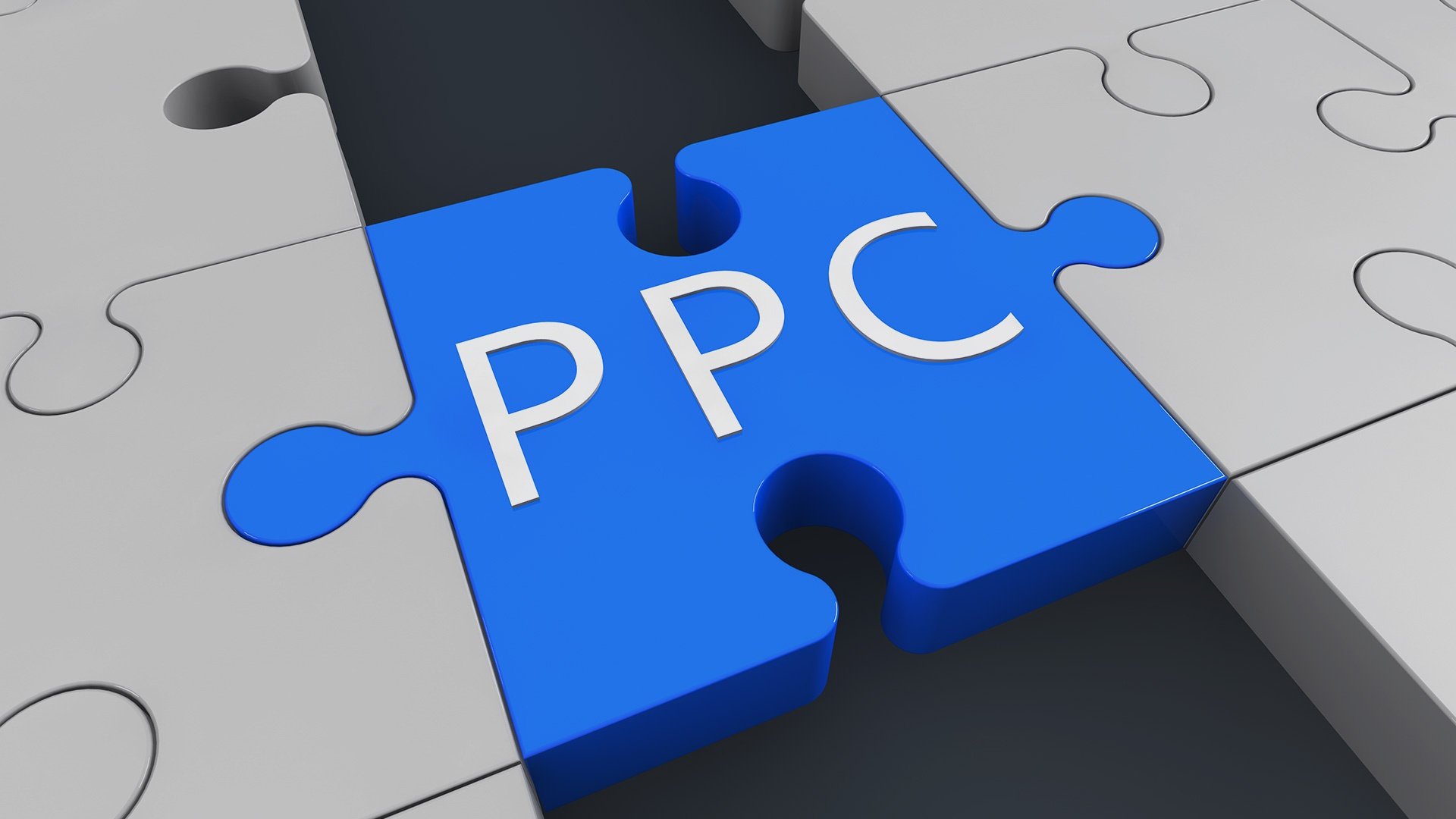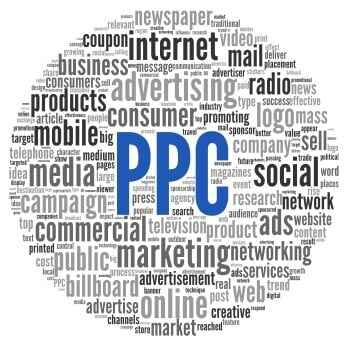What is PPC?

What is PPC?
In a nutshell, pay per click is a type of internet marketing where advertisers pay a fee each time one of their adverts is clicked on. Essentially it’s a way of buying visits to your site rather than attempting to earn them organically, and when it’s done right, it’s an incredibly cost-effective way to boost your online presence whilst still netting a considerable profit. When it’s done wrong, though, you can drain budgets at an alarming rate without ever seeing any tangible results.
Although you might be reluctant to spend money on paid search when there are so many organic alternatives out there, when it comes to successful PPC the fee can be trivial because the visit is worth so much more than what you pay for it. In other words, if you pay £1 for a click, but that click results in a £100 sale – well you’ve made quite a hefty profit and that initial £1 spend suddenly doesn’t seem such a big deal.

A lot goes into the creation of a winning PPC campaign, from researching and selecting the right keywords and advertising system to shaping those keywords into well organised campaigns and even setting up fully optimised landing pages – so if you want PPC to work hard for your business, it’s important to learn how to do it right.
Google AdWords
Google AdWords is the single most popular PPC advertising system in the world, representing a whopping 95% of smartphone paid clicks[1] - and due to its influence and reach, conducting PPC through Google AdWords is a great way to drive the most traffic to your site, deliver the most impressions and generate the most clicks on your ads.
AdWords operates on a pay-per-click model in which users bid on keywords and pay for each click on their advertisements. Every time a search is initiated, Google digs into a pool of advertisers and chooses a set of winners to appear in the ad space on its search results page. These “winners” are chosen based on a combination of factors, including the quality and relevance of their keywords and ad campaigns, as well as the size of their keyword bids. If you want your advert to get chosen, you have to score highly in all these areas otherwise Google will deem your ad irrelevant and your budget will have been wasted for nothing.
Keyword research
In order to nail your PPC campaign and get noticed by Google then, you need to make sure you’ve got the right keywords. The most successful AdWord advertisers out there are continuously growing and refining their PPC keyword list; it’s not enough to just do your keyword research when you first create your campaign – instead you need to keep working on it - sometimes even weekly - to ensure you have an expansive list of words and search terms that you can constantly review, expand, grow and adapt.
One of the main reasons for doing this is to ensure you’re not missing out on valuable, long-tail, low-cost and highly relevant keywords that could be driving traffic to your site. It’s no longer enough to just include popular and frequently searched terms – now you need to really get inside the mind of your personas and include more specific and less common long tail words that they will likely search for, too. Not only do these long tail words account for the majority of search-driven traffic, but because they are less competitive, they are often less expensive to boot.
Managing your PPC campaign
Once you've created your new campaign you’ll need to manage it regularly to make sure it continues to be effective. In fact, regular activity is one of the best predictors of success. Your work isn’t done once your campaign goes live (sorry!). Instead you should be continuously analysing its performance and making any necessary adjustments to optimise your campaign as you go, from adding keywords and negative keywords to improve campaign relevancy and reduce wasted spend as well as refining your landing pages and modifying the content and calls-to-action (CTAs) to boost conversion rates.
In an ideal world you would have both SEO and PPC working together. However, because SEO solutions take longer to implement and gather momentum, PPC is ideal as a short-term option. When you begin ranking organically, you can then re-divert your PPC budget to other non-ranking keywords.
Although the basics of pay per click advertising are simple, managing a successful campaign is not. In order to generate successful PPC campaigns, you need to dedicate the right amount of time and effort to it so you can stay up to speed on Google AdWords and keep on top of your keywords.
If you’d like to find out more about how to make SEO solutions work for your business, download our handy guide today.

Ready to Unlock AI SEO for Your Business?
AI SEO isn’t coming — it’s already here. Capture high-intent traffic and build sustainable pipeline growth.
Get Your Free Audit

